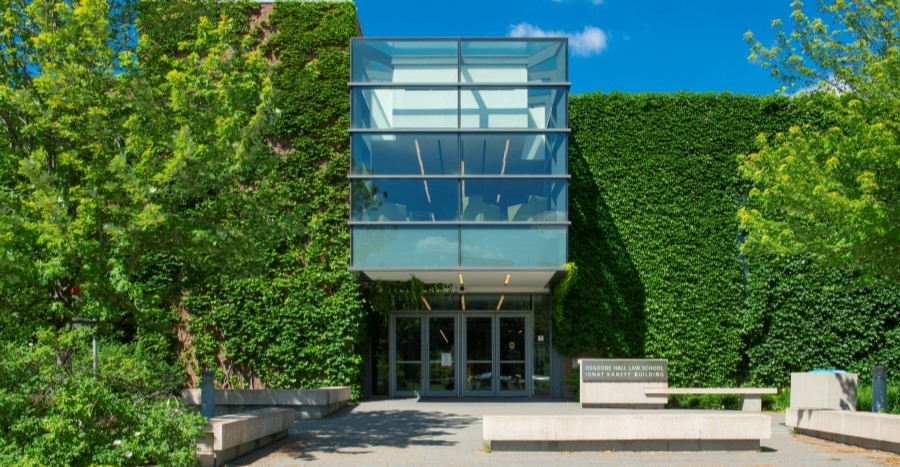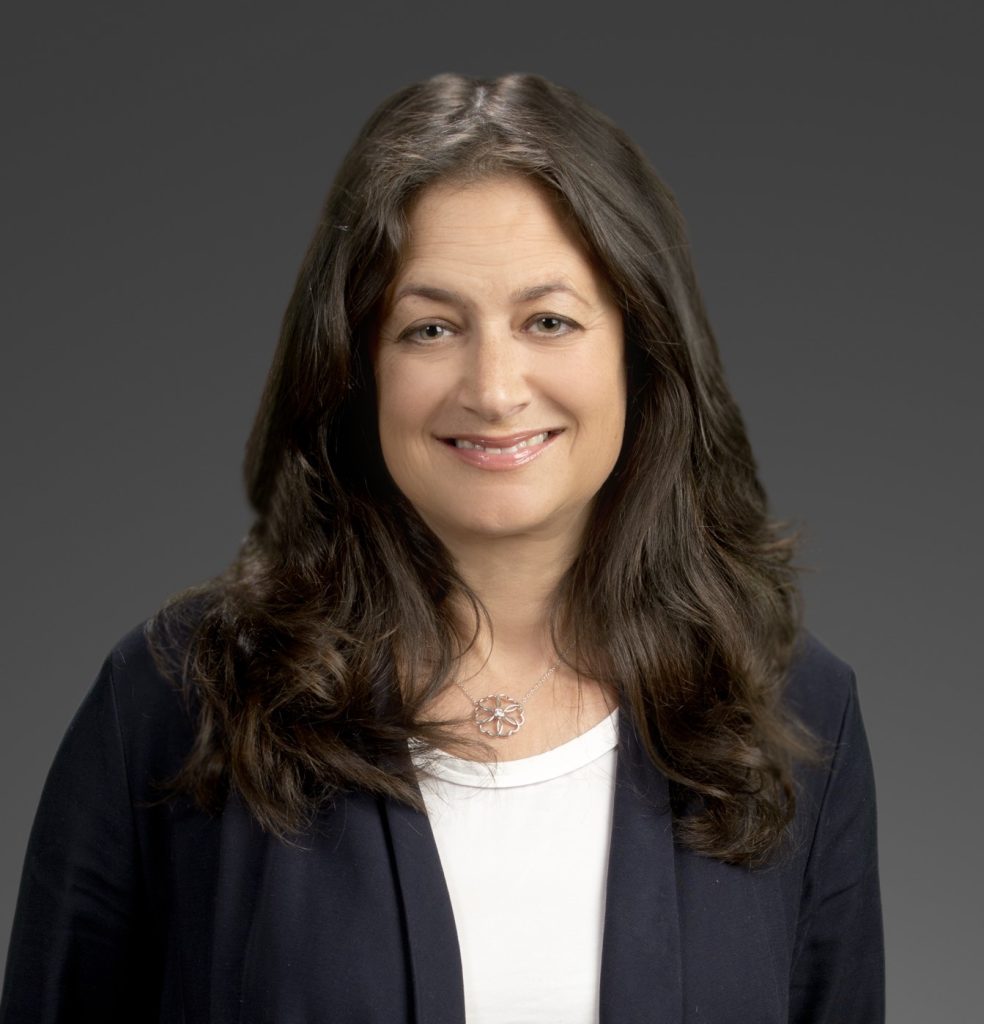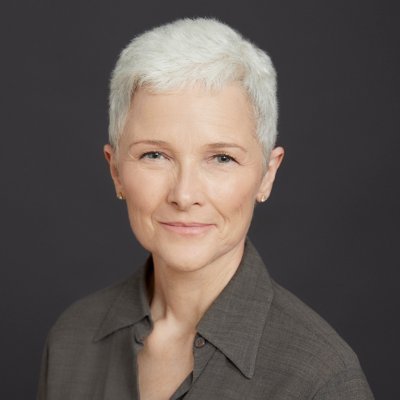

Osgoode’s focus on skills means its graduates leave with much more than a highly respected degree; they are also equipped with the tools they need to thrive in the real world of legal practice.
“Lawyering skills are in Osgoode’s DNA”, says Dean Trevor Farrow. “Whether it’s throughout the JD program or the array of programs offered through Osgoode Professional Development, our aim is to develop lawyers who can think, do, and continue to learn as client needs and law practice evolve.”
The advent of generative AI has raised critical questions about what lawyers will be doing in the future, says Farrow.
“It’s more important than ever that we understand how AI and other technologies will interact with the human lawyer to produce what clients and society need and adapt legal education accordingly,” he adds.
That issue is the focus of an upcoming conference convened by Audrey Fried, Director, Faculty and Curriculum Development at OsgoodePD, and is at the centre of the future of legal education at Osgoode.
Going back to Osgoode’s early roots, Mya Rimon, Assistant Dean, Students at Osgoode Hall Law School, says the institution has long sought to bridge the gap between legal theory and practice, tracing its commitment to hands-on learning all the way back from its early apprenticeship model through to 1971 and the establishment of Parkdale Community Legal Services (PCLS) – Ontario’s first community-based legal aid clinic.
PCLS and other clinics still offer Osgoode students a chance to gain firsthand legal experience, but it’s not the only way the JD program honours that legacy in skills-based learning. Since 2012, the “praxicum” requirement has made some form of practical experience mandatory for Osgoode law students, either through clinical placements or in certain designated courses.
“Students learn the theory and legal concepts in the classroom and then they have a practical experience with either real or simulated clients and problems,” Rimon says. “As part of a praxicum course, we also want them to think about the way it worked out. The learning is reinforced when you reflect on that tension where legal theory meets practice needs.”
According to Rimon, the Osgoode faculty frequently engages with legal employers to ensure its curriculum focuses on the right skills to ensure its students succeed in the profession. Most recently, those consultations helped Osgoode identify a gap in its upper-year offering, prompting the launch of several professional skills micro-courses.
“Micro-courses are specifically intended to cover off skills that will be useful in legal practice,” Rimon says.
The initial launch featured courses on AI and technology, legal practice dynamics, mental health and wellness and financial literacy for lawyers, with a further module planned to focus on trauma-informed lawyering.
“They’re exceptionally popular,” Rimon adds, noting that each of the programs has been oversubscribed by at least 100 per cent.
Osgoode Professional Development – where Victoria Watkins’ team administers the school’s Professional LLM programs and continuing legal education offerings – has its own formidable history in the realm of skills-based education.
Watkins finds it difficult to overstate the importance of lawyering and other skills in OsgoodePD offerings.
“We’ve aimed to make it our signature,” says Watkins, the Executive Director and Assistant Dean at OsgoodePD.
“It’s what we try to do that’s different from what others provide, mainly because we believe that active learning is the most effective way to learn,” she adds.
This year will mark the 46th edition of its legendary Intensive Trial Advocacy Workshop, directed by Dean Farrow, which culminates every year in a mock trial designed to put the previous week’s learning into practice. Meanwhile the Annual Course on Written Advocacy, done in partnership with The Advocates’ Society, has clocked up 28 years using a similar format.
Aside from those long-running programs, Watkins says OsgoodePD aim to inject some of the ‘learning by doing’ that characterizes them into every one of the programs offered by OsgoodePD.
“Some programs are easier than others for this. You can use fact patterns and case studies and have people apply their knowledge to problem-solve or you can have them perform or create something and then give feedback” she says.
In recent years, OsgoodePD has taken the approach to another level by engaging simulated clients to play roles in various fact scenarios and give feedback to students.
Developed with the help of legal education pioneer Paul Maharg, a scholar particularly renowned for his work in the field of educational simulations, simulated client experiences are incorporated into the Osgoode Certificate in Family Law Practice Skills and the Osgoode Advanced Certificate in Workplace Investigations, as well as other programs featured in the rest of our series on skills training.
Watkins says OsgoodePD programs often have long waiting lists of potential attendees.
“A lot of the time when lawyers are exercising their skills in practice, the stakes are very high. Clients want to meet their objectives and the lawyer has professional obligations to maintain, so it’s important that they perform to a certain standard,” she says. “What people like about our programs is that they give them a chance to try these things out in a low-stakes, experimental environment where nothing really turns on it, they get a lot of feedback, and everyone wants them to succeed.”
Looking to the future, OsgoodePD has developed software that will enable simulation of a full law practice experience and not only discrete interactions. Called SIMple™ (or Simulated Professional Learning Environment), the software is a simulation engine that enables instructors to turn case studies into legal transactions that students then work through.
In addition to students using AI to perform certain tasks now, future iterations will involve AI to provide coaching and role-playing. The first large scale pilot using SIMple™ will be rolled out next year in the first year JD Lawyering Skills course, for over 300 students.
“It’s an incredibly dynamic time in legal education and practice,” Dean Farrow says. “We are constantly learning, experimenting, reviewing feedback and thinking to the future as we continue to push the bounds of legal education and professional training for the benefit of our students, the profession, and ultimately the communities we live in.”
Interested in learning more about how Osgoode is leading the way in legal education? Subscribe to The OsgoodePD News to get a monthly update on the what, who, when and why of our work.

Trevor Farrow – Dean, Osgoode Hall Law School

Mya Rimon – Assistant Dean, Osgoode Hall Law School

Victoria Watkins – Executive Director and Assistant Dean at OsgoodePD

